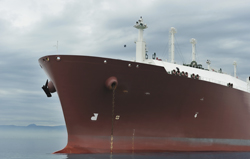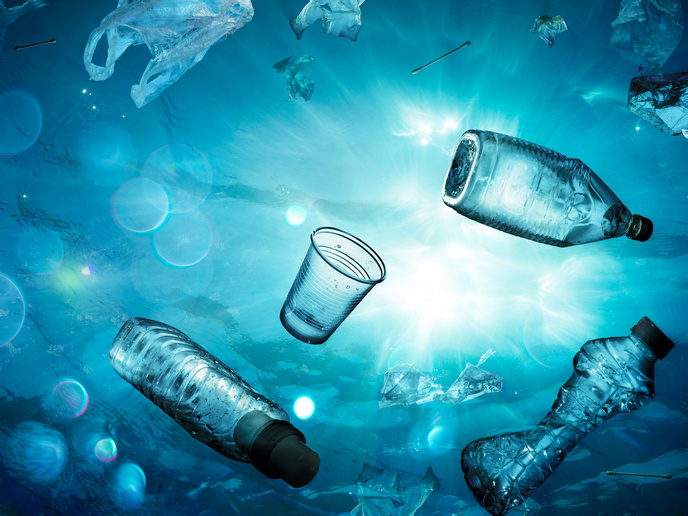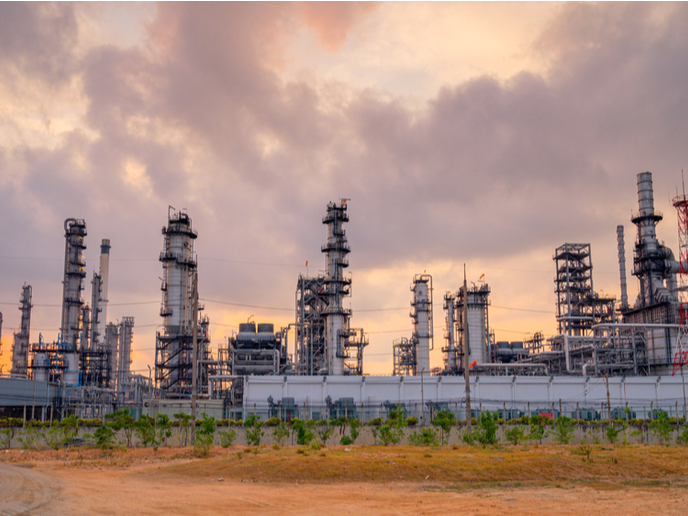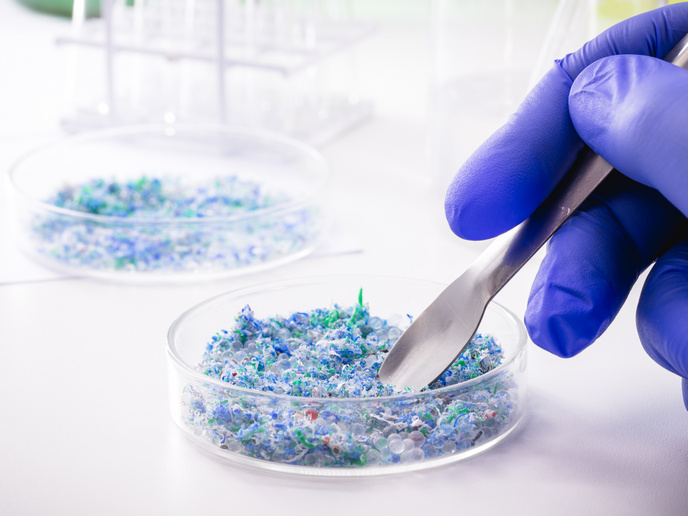Cleaning up ballast water
The United Nations (UN) has recently mandated the inclusion of a BWT system in new and existing ships by 2016. This would minimise the usually irreversible impact of invasive species on marine ecosystems and potentially significant environmental and economic losses. 'Aquatic technology linked to a novel treatment of invasive species' (ATLANTIS) was an EU-funded project set up to produce a commercial system for destroying microorganisms in ballast water. The concept was to use a textile bed to house multiple biocidal agents to treat the ballast water. Several textiles and biocides were analysed for suitability. Other objectives were to create and test a bench-top model of the BWT system, as well as a pilot-scale system. A number of configurations of the textile bed were also tested for efficacy using fluid dynamics modelling. It is expected that the project results will provide a cost-effective BWT solution for installation in new and existing ships. The system should satisfy the needs of the shipping industry, adhere to new legislation, and protect marine environments from invasive microorganisms.







